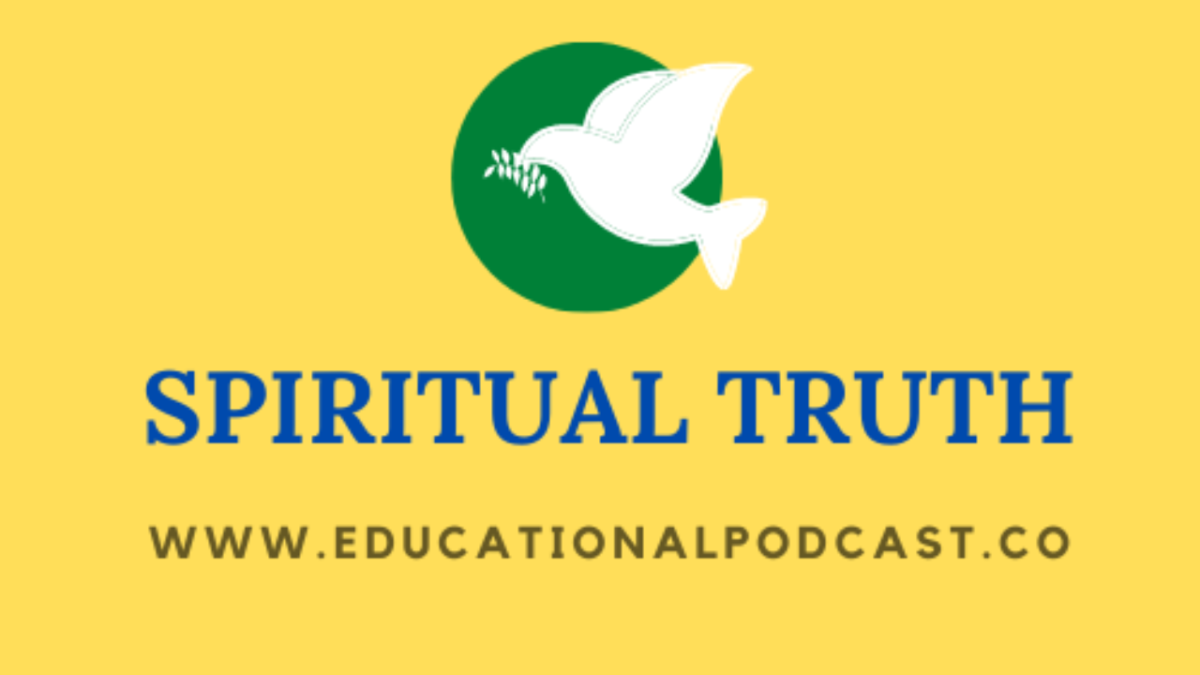Passover Holy Day: Its true meaning and significance for the Jewish people and for the rest of the world
Hello, my beloved brethren and dear listeners. Welcome to another episode of the educational podcast, the home of podcasts for real Bible truths. I’m Elder Dan, your host. Today, I’m exploring the tradition and true importance of the Passover holy day as described in the Scripture.
If you would rather listen to this, just click the play button below. 🙂
Passover, known as Pesach in Hebrew, holds a pivotal place in the Biblical narrative. It commemorates the liberation of the Israelites from slavery in Egypt, as described in the Bible’s Book of Exodus, Chapter 12. The story unfolds with Moses leading his people out of the land of Egypt, guided by the divine intervention of Elohim.
The Passover story centers around the tenth plague, where the Angel of Death passed over the homes of the Israelites marked with the blood of a sacrificed lamb. This act of protection ultimately led to the freedom of the Israelites and gave birth to the tradition of Passover.
In the book of Exodus, Yahweh commands the Israelites to observe Passover as a perpetual memorial, a time to remember their deliverance from slavery. The rituals and customs associated with Passover are detailed in the Bible, with an emphasis on the importance of unleavened bread, bitter herbs, and the Passover lamb.
The Passover Seder, a ceremonial meal held on the first night of Passover, is a time-honored tradition that brings together family and friends to retell the story of liberation. Through symbolic foods and readings from the Haggadah, participants are transported back in time to experience the journey of their ancestors.
Note that Passover in the Bible is not just a historical event but a powerful symbol of liberation, faith, and resilience. It serves as a reminder of the enduring connection between the past and the present, urging us to reflect on our own paths to freedom and redemption.
Meanwhile, the Easter celebration – a holiday commonly associated with Christianity is very much popular in today’s religious culture. But did you know that its roots actually lie in ancient pagan traditions? Yes, archaeological evidence suggests that the name “Easter” itself originates from Eostre, the Germanic goddess of spring and fertility. Eostre’s festival was celebrated during the vernal equinox, symbolizing a time of rebirth and new beginnings.
Many pagan traditions involved the use of symbols such as eggs and rabbits, just like the Christian celebration of Easter, to represent fertility and renewal. Throwing colored eggs as offerings to the false gods was a common practice in ancient Persian, Greek, and Egyptian cultures, and they believed them to bring prosperity and abundance.
The presence of the Easter bunny also has pagan roots, as rabbits were seen as creatures of fertility in various ancient societies. The tradition of hiding eggs for children to find may have originated from the concept of hunting for offerings in the fields to ensure a bountiful harvest. This pagan tradition was eventually adopted by Christians, who began to use eggs as a symbol of the resurrection of the one they call “Jesus.” Yes, the name of humanity’s Savior is Yahshua; it is not and never will be Jesus! Click here to read and learn more about this amazing truth, which so many do not know!
So yes, next time you’re enjoying an Easter egg hunt or decorating eggs with your family, remember that these traditions have pagan origins that the Bible condemns! Yes, mainstream Christianity should know better.
As I conclude this exploration of Passover in the Bible, I invite you to delve deeper into the sacred Passover tradition, not the Easter pagan tradition, and discover the timeless truths it holds. Join me next time for another insightful and always-free podcast episode as I continue our journey through the wonders of history and culture from Holy Scripture.
Thank you for listening and joining me today. Kindly share this podcast with your family and friends seeking for the real truths of the Bible. Before I go, let me pray this prayer for you: May Yahweh bless you and keep you; may Yahweh make his face shine upon you and be gracious to you; may Yahweh lift up his countenance upon you and give you peace. I humbly pray these things to Yahweh in the precious name of Yahshua, the Messiah, amen. Halleluyah, shalom!
